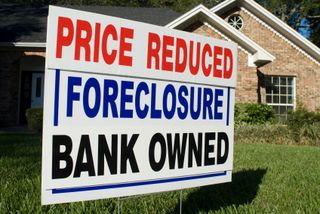EDITORS NOTE: This post was written in 2011. Some of the programs, like Fannie MaeHomePath, may no longer be available.
With real estate becoming more affordable and mortgage interest rates at an historic low, it’s easy to see why some people are considering buying their first investment property. Financing an investment property has more requirements to it than buying an owner occupied property because it carries more risk to the lender. However if you have enough income, plenty of reserves set aside and good credit, you may be surprised how easy the process can be and what programs are available.










Recent Comments